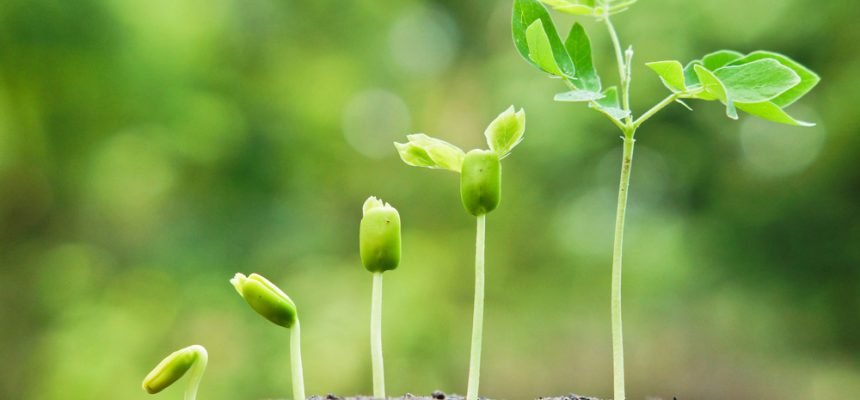Watering your garden can be a considerable expense depending on where you live. You may not want to spend much money or work so hard at home, so here are some ideas to make watering your plantings easier and more cost-effective while still keeping them beautifully green and healthy.
Add a Rain Barrel
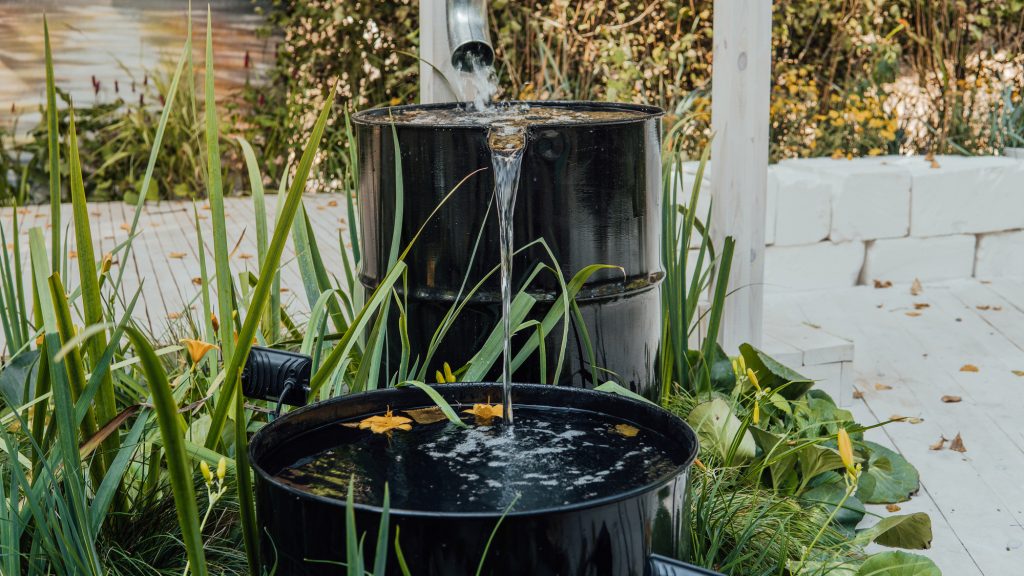
Adding water from an elevated source like a rain barrel can help reduce wasteful runoff that would otherwise cause excessive erosion in your garden. Consider installing a rain barrell as part of your garden design plan.
Related: How Different Water Features Can Bring Your Garden To Life
Install a Hose Bib
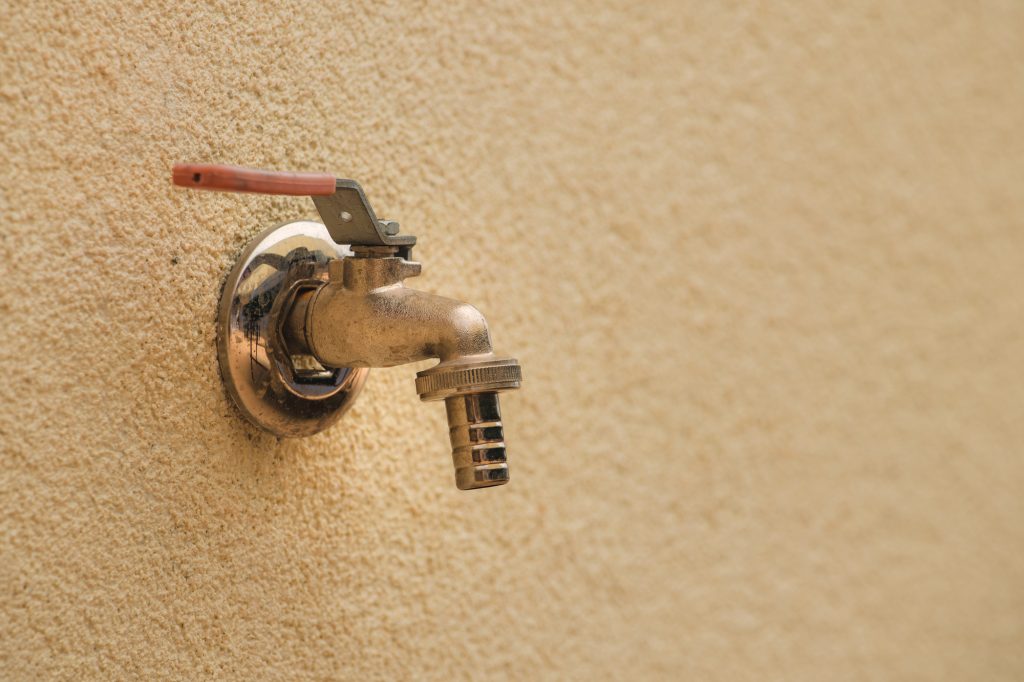
A hose bib is a rain gutter or downspout with a simple attachment that allows rainwater to flow through and into your downspout. It can help prevent the spread of disease-carrying insects such as mosquitoes and prevent that water from running off the roof and into your yard.
Improve the Drain of Your Gutters
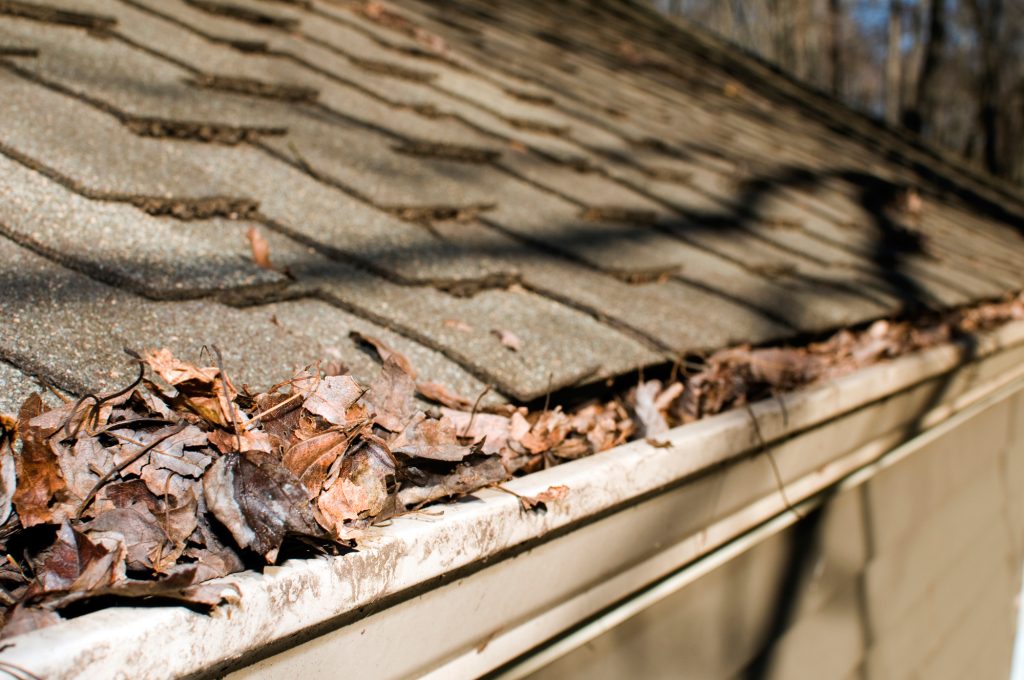
Improving the drainage of your gutter can reduce the amount of water going down it, reducing how much runoff you have afterward. Netting over gutters can help reduce the likelihood of leaves and debris clogging them up, slowing drainage substantially.
Use a Timer
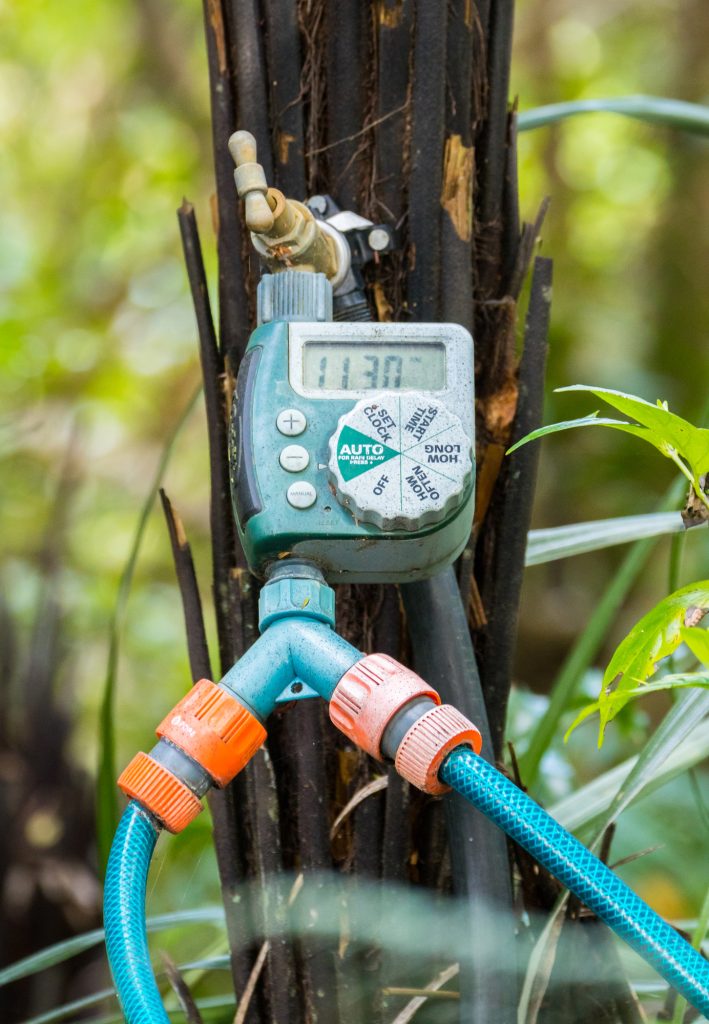
Installing a timer on your sprinkler or hose can help you to water your garden effectively and economically. Timers and rain sensors can automatically turn on the sprinklers when they sense sufficient rainfall while also turning them off when you need to conserve water. Most timers are very easy to install and require little maintenance after installation.
Seal Gaps in Your Gutters
Gutters often develop gaps that allow rainwater to leak through and into your landscape. Covering these holes with a sealant or caulk can significantly reduce the amount of runoff from your gutter and the amount of water flowing into it.
Consider Watering at Night or Early in the Morning
Watering in the evening or very early in the morning will prevent evaporation from your plantings. Watering at night or very early in the morning will also help keep mosquitoes from being attracted to your yard by the water sprayed out during regular daytime watering sessions.
Add Mulch
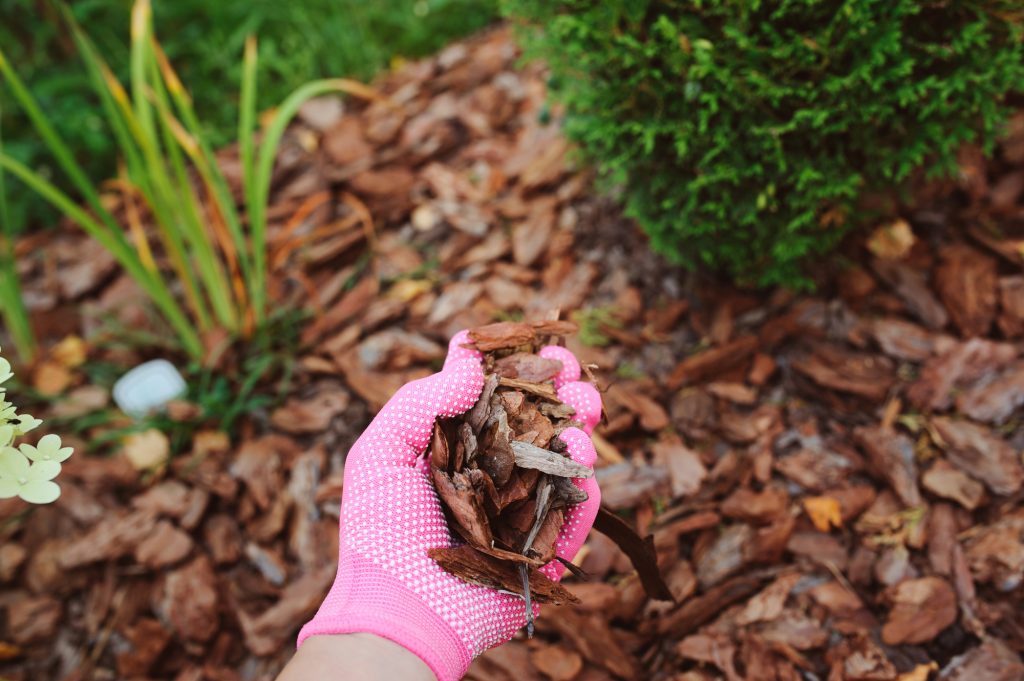
Mulch is excellent for helping retain moisture for more extended periods, as well as reducing evaporation and erosion. You can use hay, wood chips, pine needles, bark mulch, and even grass clippings to add mulch to your garden.
Use Compost
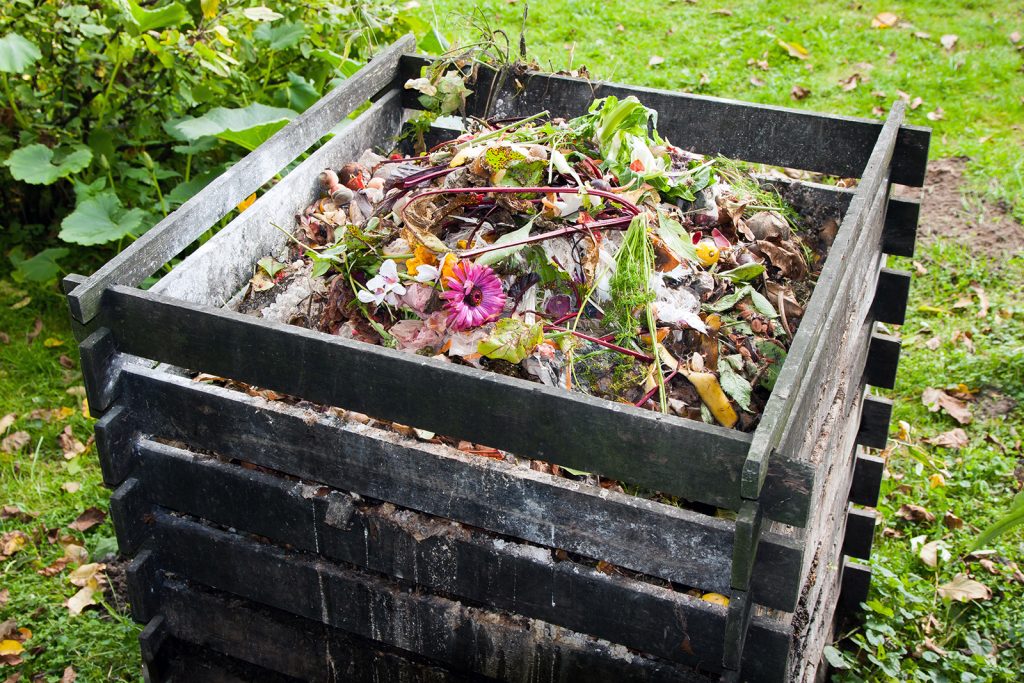
Using a compost pile can help to reduce runoff and evaporation. Compost piles will also provide moisture that your plants may need during the dryer months while providing good aeration to the soil.
Related: How your landscaping choices can help with nature
Don’t Overwater
Whether using a timed system or not, always check your plantings regularly and adjust the amount of water you apply. Too much water can be just as detrimental to your garden as too little. Keep an eye on the amount of rainfall in your area when deciding how much time to water each week, and constantly adjust accordingly.
As you can see, there are many ways to reduce the water you use in your garden with little effort. Not only will you reduce your overall water costs, but you will also be able to keep your plants healthy and green despite the weather and the time of year.

